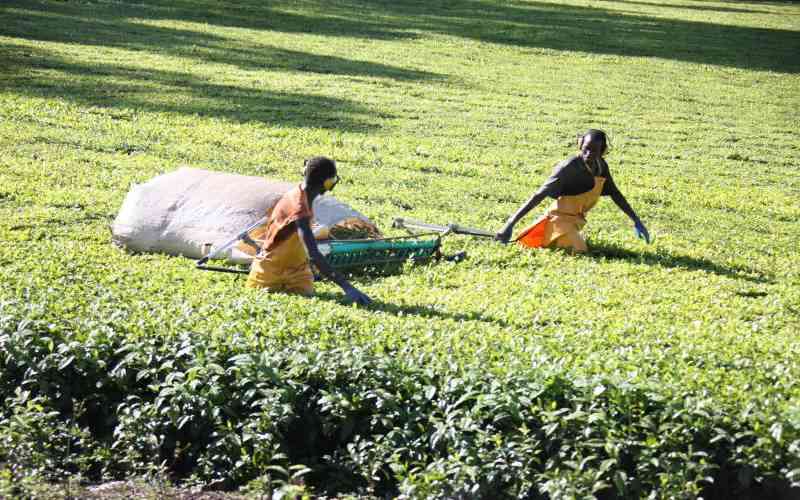×
The Standard e-Paper
Smart Minds Choose Us

Tea farmers in Mt Kenya region are counting losses after drought suppressed tea harvests by 33 million kilogrammes in February.
The Kenya Tea Development Authority (KTDA) announced that some 99 million kilogrammes were harvested over the same period last year, even as the drought took a toll on agriculture, not just in the region, but the country at large.